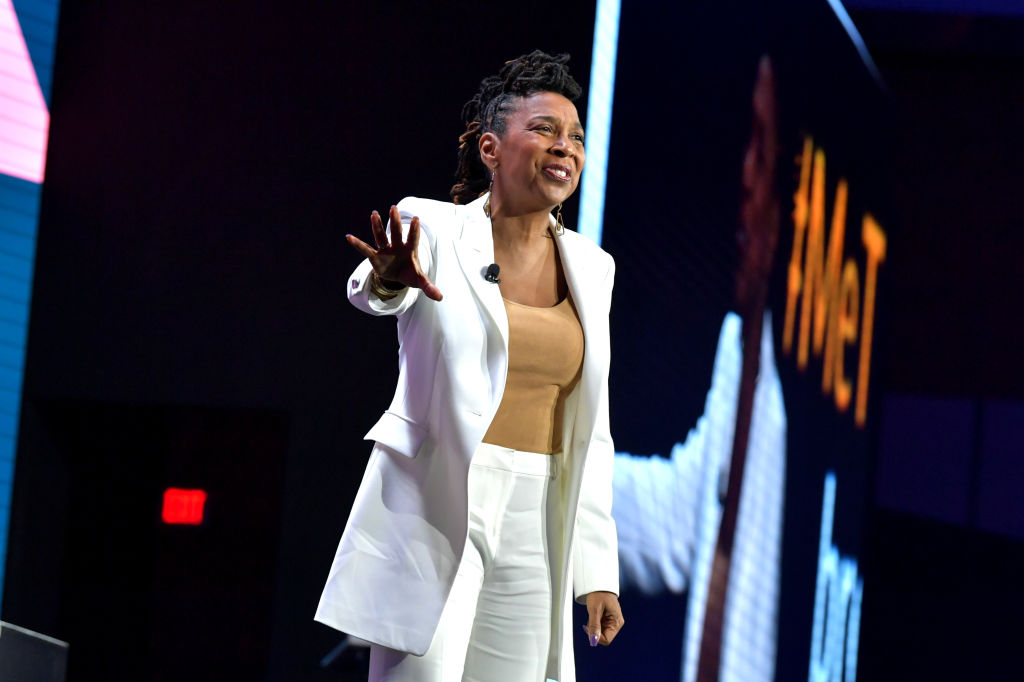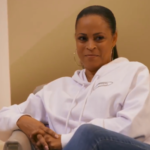
Source: Emma McIntyre / Getty
Far too often in history, women’s voices and contributions are all but erased while the men receive all of the glory. And given the fact that men have historically been the people who document history, across cultures, bias, sexism and outright misogyny has resulted in the erasure of so many dynamic women who have shaped, molded and in some cases even changed the course of history.
But now things are different.
Misogyny is still running rampant. But with the advent of the internet, it’s much easier to store and recall the receipts.
In honor of Women’s History Month, we’re spotlighting the women behind the movements. These are women who’ve used their voices, their social media platforms, their organizational skills, and more to advocate against racism, sexism, and misogynoir.
Today, we’re discussing Kimberlé Crenshaw. While you may not know Crenshaw by name, you’ve likely seen her work.
While Crenshaw is a law professor at UCLA and Columbia law school, and executive director of the African American Policy Forum, she is also the co-founder of the movement #SayHerName.
Founded in December of 2014, #SayHerName was created in an attempt to raise awareness about the violence and fatalities Black women suffer at the hands of state-sanctioned violence: the police.
In the media, we often hear the names of the men. But Black women victims often fail to receive the same amount of attention and coverage.
In 2016, Crenshaw hosted a Ted Talk where she did a fascinating exercise with the audience. She asked the entire room to stand. She told them that she was going to call some names. If the audience was familiar with the person and the name, and what may have happened to them, they were instructed to keep standing. If they did not, they were told to sit down.
She called the names, Eric Garner, Mike Brown, Tamir Rice, Freddie Gray.
A majority of the room was still standing. Around here, I don’t have to tell you what all the aforementioned men and boys had in common. They were killed by the police for nothing.
Then she named some more.
Michelle Cusseaux, Tanisha Anderson, Aura Rosser, Meagan Hockaday.
At the end of the second list of names, there were only four people standing.
This second group of names were Black women who had been killed by the police, within the same time period as the Black men and boys.
Crenshaw concluded the exercise saying, “Only one thing distinguishes the names that you know, versus the names that you don’t know: gender.”
Crenshaw says violence against African Americans, at the hands of police, is more readily associated with the mistreatment of Black men. And violence against women is often seen as a problem white women face. (It’s the reason why #MeToo had to be reclaimed and the narrative reiterated by Tarana Burke, its founder—a Black woman.)
In an interview with Today, Crenshaw shared that when you acknowledge the Black women victims of police violence, begin to get a clear, realistic picture of what police violence actually looks like.
You can learn more about #SayHerName, here.


